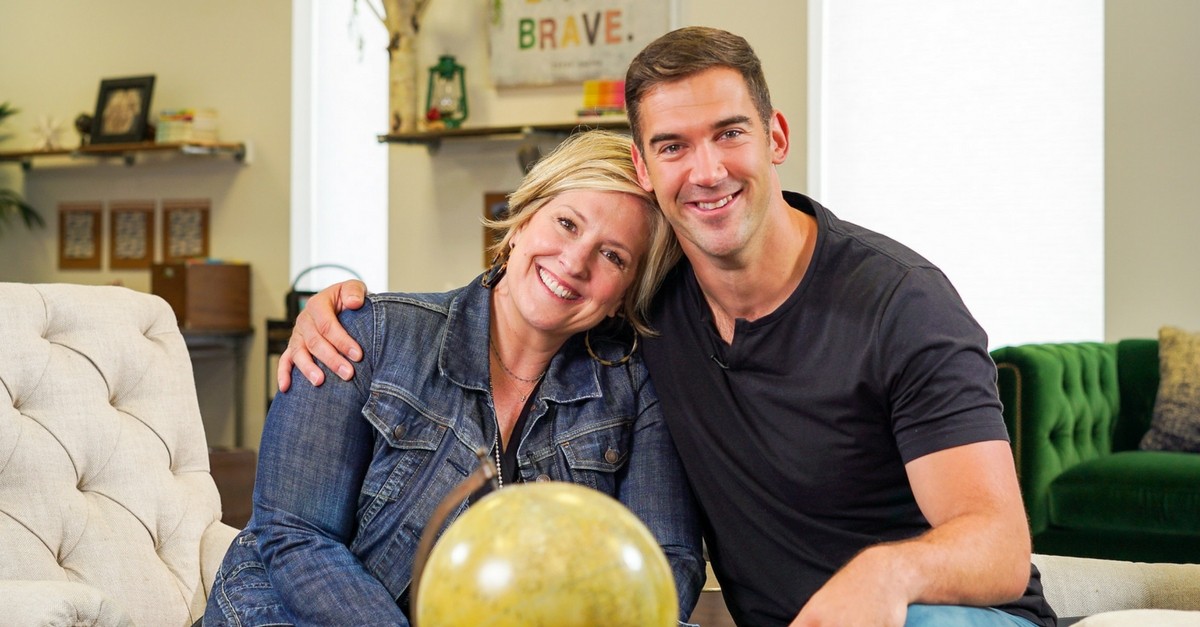Summary of Create True Belonging and Heal the World w/ Brene Brown EP 1420:
Humans are tribal animals and have always found benefits in coming together to work toward common goals. However, feelings of loneliness, rejection, and isolation can have a negative impact on one’s physical and mental well-being. Dr. Brené Brown, a researcher at the University of Houston, studies shame, vulnerability, and belonging, and has become a prominent figure in emotional well-being. Belonging is defined as being part of something larger than oneself, while fitting in means changing oneself to be liked by others. It is important for children to learn how to ask for help, and vulnerability and confronting shame are taboo in our culture, making it difficult to break the cycle of ignoring weaknesses. Men, in particular, tend to shy away from vulnerability, making it difficult for them to ask for help or confront their own shame.
*****
Belonging, Shame, and Vulnerability: Lessons from Dr. Brené Brown
Introduction: The importance of belonging
Humans are tribal animals who crave a sense of belonging. From the earliest days of humanity, they discovered that joining forces to work toward a common goal is essential for survival. However, even as basic group survival ceased to be a concern, humans continued to depend on those bonds of belonging for their wellbeing. Loneliness, rejection, and isolation can have an adverse effect on our physical and mental health. In this article, we’ll explore the importance of belonging, shame, and vulnerability with the help of Dr. Brené Brown, research professor at the University of Houston graduate school.
The power of vulnerability
Dr. Brené Brown studies shame, vulnerability, and loneliness, emotions that are at the heart of humanity today. However, these are feelings that people often refrain from discussing since vulnerability is perceived as a sign of weakness. People fear admitting their fragility, thinking that if they do, they’ll be broken by the opinions of themselves and others. This reluctance to talk about shame has attached a stigma to a very common emotion, affecting many people’s lives. In her work, Dr. Brown noticed that many people deal with their feelings of shame and isolation in ways that aren’t really helping them to overcome them. They close up and shut others out, which only makes things worse.
Dr. Brown has been featured in several talks and interviews, including her 2010 TED Talk entitled “The Power of Vulnerability,” which has been viewed a staggering 57 million times on TED.com and YouTube alone. In this talk, she talks about the courage to embrace vulnerability as the key to authentic connection with others.
The opposite of belonging is fitting in
Belonging is defined as “being part of something bigger but also having the courage to stand alone, and to belong to yourself above all else.” In this definition, belonging is actually the opposite of fitting in. Fitting in means changing ourselves to make others like us, betraying ourselves to meet someone else’s expectations.
At some point in life, everyone just wants to fit in, even if they’re the most secure person on the planet. Raising kids who know how to ask for help can be difficult. Oftentimes kids are told who to be and who to become, and this pressure can have devastating consequences. However, in order to break this cycle, we need to learn to be changeable.
Men, vulnerability, and courage
If there’s anyone who finds it hard to be vulnerable, it’s men. Dr. Brown believes that men often struggle to admit that they need help or are not fine, which affects their mental and physical wellbeing. Men who refuse to be vulnerable often end up struggling with loneliness, depression, or addiction.
Dr. Brown encourages men to understand that asking for help is a sign of courage, not weakness. By accepting vulnerability, men can live meaningful and fulfilling lives. They can seek help when needed and build connections with people around them.
Conclusion
Dr. Brown’s work emphasizes the importance of embracing vulnerability, standing up for oneself, and asking for help. Loneliness, rejection or isolation can have an adverse effect on our physical and mental health. However, by accepting our vulnerability and our need for connection, we can build meaningful relationships and lead fulfilling lives.


Comments are closed